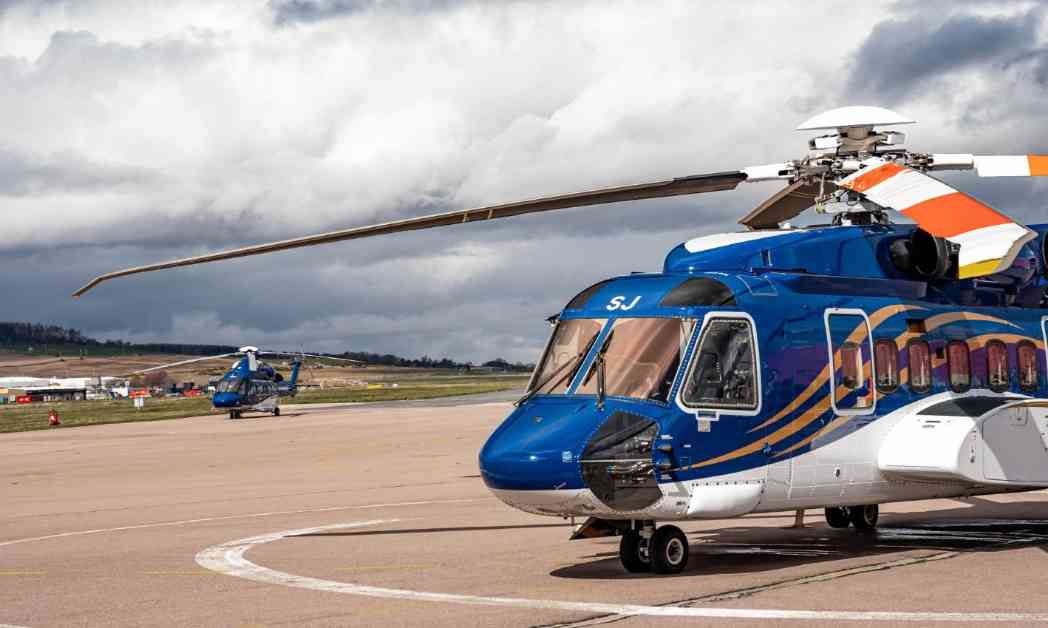Offshore Helicopter Services UK Ltd (OHSUK) has decided to temporarily suspend landings at Aberdeen Royal Infirmary’s helipad due to safety concerns. Instead, search and rescue helicopters will be landing at Aberdeen International Airport, and patients will then be transferred to the hospital. This decision was made following changes around the helipad site and in light of recent incidents involving helicopter landings.
The safety of patients, search and rescue crews, and those on the hospital estate is a top priority for OHSUK. Each medical tasking will be assessed on a case-by-case basis to ensure the best possible care is provided. The firm is working with the hospital to implement safety improvements that will allow for the resumption of landings at the ARI helipad.
NHS Scotland Assure issued a safety action notice to review all helicopter landing sites to minimize the risk of injury from downwash. This action was recommended after a fatal incident at Derriford Hospital. The downwash zone for large helicopters has been extended to reduce risks to uninvolved persons.
While offshore helicopters will not be landing at ARI, Scottish Ambulance Service and Scottish Charity Air Ambulance helicopters will continue to use the helipad. However, concerns have been raised about the potential delay in transferring patients to the hospital during emergencies. Every second counts in a health emergency, and it is crucial to ensure swift and safe transport for patients.
John Boland from Unite expressed concerns about the impact of the suspension on offshore workers who may require emergency medevac. He emphasized the importance of ensuring safe landing sites for helicopters. MP Andrew Bowie echoed these concerns, highlighting the need for clarity and swift action to address the issue.
The Scottish Government is working to address the safety recommendations made by the CAA regarding hospital helicopter landing sites. Health boards in Scotland have reported no issues with patient transport or care during this time. It is essential to prioritize the safety and well-being of patients, crew members, and all individuals involved in search and rescue operations.
As developments continue, stakeholders are engaged in discussions to improve safety measures and ensure efficient medical evacuations. The goal is to provide the best possible care while maintaining high safety standards for all helicopter operations. By working together and implementing necessary changes, the industry can address these challenges and enhance emergency response capabilities in the future.












